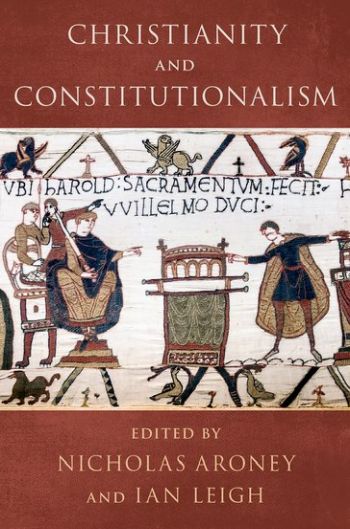
The first volume of its kind, Christianity and Constitutionalism explores the contribution of Christianity to constitutional law and constitutionalism as viewed from the perspectives of history, law, and theology. The authors examine a wide range of key figures, including Augustine, Thomas Aquinas, Moses, Martin Luther, and Roger Williams, offering innovative and thoughtful analyses of the relationship between religious thought and constitutional law. Part I features contributions from historians and is focused on the historical influence of Christianity on constitutionalism, recounting how the relationship between the Christian faith and fundamental ideas about law, justice, and government has evolved from era to era. Part II offers the analyses of constitutional lawyers, focusing on the normative implications of Christianity for particular themes or topics in constitutional law. The chapters in this section orbit around several central doctrines and principles of this field—including sovereignty, the rule of law, democracy, the separation of powers, human rights, conscience, and federalism—evaluating them from a range of Christian perspectives. Part III rounds out the study with theologians focused on particular Christian doctrines, exploring their constructive and sometimes critical implications for constitutionalism.
As a whole, Christianity and Constitutionalism breaks new ground by offering wide-ranging, interdisciplinary contributions to the study of the relationship between the Christian religion and constitutional law.